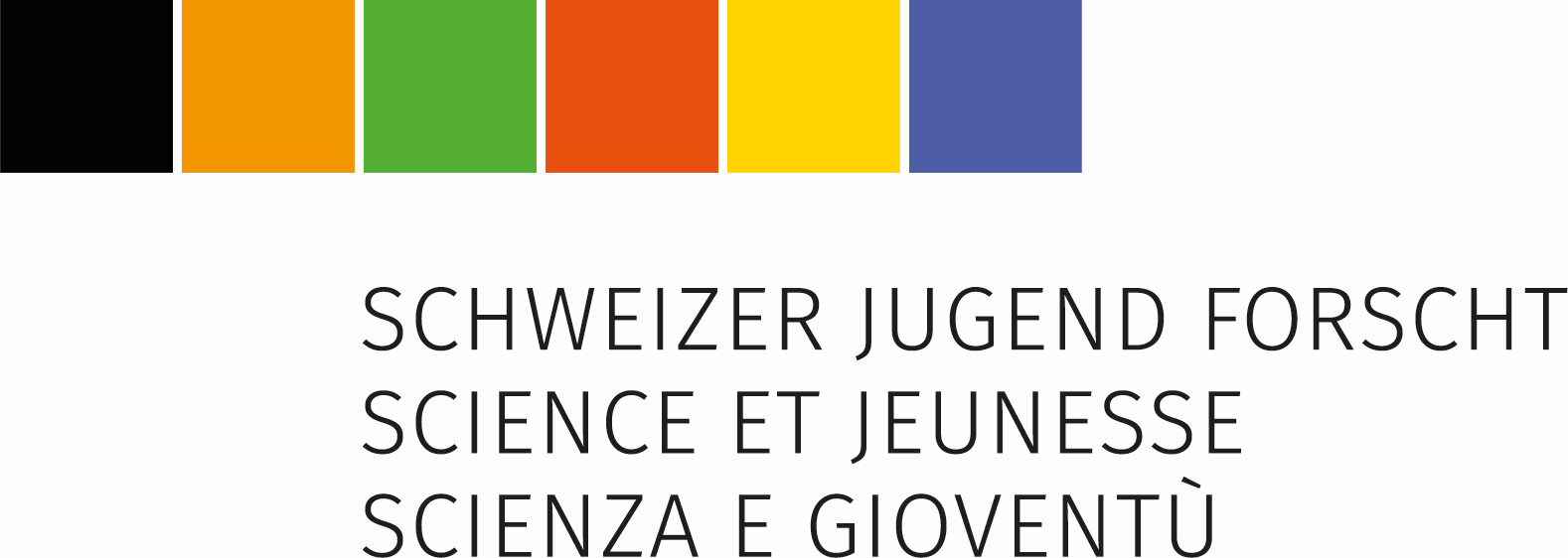Les écoles ont en général reçu cette documentation par courrier, mais à l'approche de la reddition des TM, on peut entrevoir ceux qui ont le potentiel d'approfondir leur sujet dans un contexte stimulant avec d'autres jeunes.
 Science et Jeunesse est un organisme qui a pu stimuler de très nombreux jeunes. Ils mentionnent souvent le contexte social, les rencontres avec d'autres jeunes passionnés et des chercheurs, et que cela les a stimulés pour aller plus loin et poursuivre la réflexion de leur TM.
Science et Jeunesse est un organisme qui a pu stimuler de très nombreux jeunes. Ils mentionnent souvent le contexte social, les rencontres avec d'autres jeunes passionnés et des chercheurs, et que cela les a stimulés pour aller plus loin et poursuivre la réflexion de leur TM.
 Science et Jeunesse est un organisme qui a pu stimuler de très nombreux jeunes. Ils mentionnent souvent le contexte social, les rencontres avec d'autres jeunes passionnés et des chercheurs, et que cela les a stimulés pour aller plus loin et poursuivre la réflexion de leur TM.
Science et Jeunesse est un organisme qui a pu stimuler de très nombreux jeunes. Ils mentionnent souvent le contexte social, les rencontres avec d'autres jeunes passionnés et des chercheurs, et que cela les a stimulés pour aller plus loin et poursuivre la réflexion de leur TM.
Il est grand temps de poser la question à vos élèves qui font un TM prometteur car le délai est très proche : le 30 oct !
La qualité de l'encadrement, notamment le degré d'exigence ne sont efficaces pour les perfectionnistes que s'ils se sentent dans un environnement suffisamment guidant et rassurant Nguyen, T. T., & Deci, E. L. (2016) Cet article suggère que les élèves qui ont de très haute exigences apprennent bien mieux si ils se sentent moins angoissés "controlled motivational regulation". Voir plus bas pour un commentaire.
 encourage le lecteur à aller vérifier dans l'article d'origine : ici
encourage le lecteur à aller vérifier dans l'article d'origine : ici
 encourage le lecteur à aller vérifier dans l'article d'origine : ici
encourage le lecteur à aller vérifier dans l'article d'origine : iciLe perfectionnisme : favorable pour apprendre ?
Nguyen, T. T., & Deci, E. L. (2016) cherchent a savoir quand le perfectionnisme est favorable aux apprentissage ( When individuals set high standards for themselves, they tended to endorse mastery goals instead of performance goals, show greater self-determined motivation for school, achieve higher grades, cheat and procrastinate less, and show lower academic burnout) ou quand il angoisse inefficacement (other studies also reported that setting high standards showed positive zero-order correlations with stress, anxiety, self-blame, and extrinsic motivation for school, such as studying to earn high grades and social approval)
ils ont donc cherché à " to clarify when setting high standards would likely be adaptive and when it might turn awry, "
Une variable cruciale qui les a intéressé est "controlled motivational regulation" ~ crainte de l'échec, des punitions, de l'angoisse recherche de récompenses (Numerous studies over the past 30 years have shown that controlled motivational regulation—that is, behaving primarily to earn rewards, to compensate for damaged self-esteem, or to avoid punishment, guilt, or anxiety—has been associated with ill-being variables, particularly those in academic and goal striving domain, such as test anxiety, poor learning quality, and academic dissatisfaction at both personality orientation and state levels of analysis)
Ainsi les exigences élevées ne sont pas automatiquement bien pour les perfectionnistes
"Therefore, the topic of whether PSP constitutes the adaptive aspect of perfectionism has remained highly debatable."
Cet article suggère que les élèves qui ont de très haute exigences apprennent bien mieux si ils se sentent moins angoissés "controlled motivational regulation" (je traduis du coté pédagogique : se sentent dans un environnement suffisamment guidant et rassurant ) ils apprennent mieux.
Et que du coté personnel et psychologique s'ils comprennent les forces qui les poussent ils pourront se sentir plus autonomes et mieux vivre leurs apprentissages (When high-standard perfectionists are aware of the reasons why they are pursuing their personal standards and able to confront different forces that control the behaviors around those standards, they will begin to internalize the values of those behaviors so that they can experience greater choice and autonomy in their pursuits)
Abstract
(Les membres peuvent obtenir ces articles…).
peuvent obtenir ces articles…).
ils ont donc cherché à " to clarify when setting high standards would likely be adaptive and when it might turn awry, "
Une variable cruciale qui les a intéressé est "controlled motivational regulation" ~ crainte de l'échec, des punitions, de l'angoisse recherche de récompenses (Numerous studies over the past 30 years have shown that controlled motivational regulation—that is, behaving primarily to earn rewards, to compensate for damaged self-esteem, or to avoid punishment, guilt, or anxiety—has been associated with ill-being variables, particularly those in academic and goal striving domain, such as test anxiety, poor learning quality, and academic dissatisfaction at both personality orientation and state levels of analysis)
Ainsi les exigences élevées ne sont pas automatiquement bien pour les perfectionnistes
"Therefore, the topic of whether PSP constitutes the adaptive aspect of perfectionism has remained highly debatable."
Our findings suggest that coaches, teachers, or counselors who work with high-standard perfectionists might usefully pay attention to how those perfectionists regulate behaviors intended to meet personal standards. For example, by providing more autonomy-support in any of those settings the authorities could decrease controlled motivation as they increase autonomous motivation. Counseling approaches such as motivational interviewing or mindfulness training can also be used to help perfectionists become less controlled in attempting to attain their standards. Indeed, SDT research has shown that both of these approaches allow individuals to identify and be aware of different controls that might be present in their lives so as to regulate their behaviors more autonomously (cf., Niemiec et al., 2010; Ryan & Deci, 2008; Schultz, Ryan, Niemiec, Legate, & Williams, 2014). When high-standard perfectionists are aware of the reasons why they are pursuing their personal standards and able to confront different forces that control the behaviors around those standards, they will begin to internalize the values of those behaviors so that they can experience greater choice and autonomy in their pursuits (Ryan & Deci, 2008).
Cet article suggère que les élèves qui ont de très haute exigences apprennent bien mieux si ils se sentent moins angoissés "controlled motivational regulation" (je traduis du coté pédagogique : se sentent dans un environnement suffisamment guidant et rassurant ) ils apprennent mieux.
Et que du coté personnel et psychologique s'ils comprennent les forces qui les poussent ils pourront se sentir plus autonomes et mieux vivre leurs apprentissages (When high-standard perfectionists are aware of the reasons why they are pursuing their personal standards and able to confront different forces that control the behaviors around those standards, they will begin to internalize the values of those behaviors so that they can experience greater choice and autonomy in their pursuits)
Abstract
This study explored a motivational approach to examining individuals'' perfectionistic strivings, using Self-Determination Theory as the theoretical foundation. Data were collected from 384 undergraduate students. Hierarchical multilevel models were performed to examine whether the association between the tendency to set high personal standards and learning outcomes would be moderated by people''s type of motivational regulation. The results indicated that the striving for high standards was associated with less adaptive learning experiences when students experienced controlled regulation around their behaviors. We measured controlled regulation both as a personality orientation, and as students'' reasons for participating in each of their classes. We found convergent evidence at both the between-person and the within-person, between-class levels that when students reported low controlled regulation, those who tended to set high standards for themselves reported less anxiety and difficulty in their learning, and more learning progress in their classes than the students who set low standards.
(Les membres
 peuvent obtenir ces articles…).
peuvent obtenir ces articles…). Références:
- Nguyen, T. T., & Deci, E. L. (2016). Can it be good to set the bar high? The role of motivational regulation in moderating the link from high standards to academic well-being. Learning and Individual Differences. http://doi.org/10.1016/j.lindif.2015.12.020

















